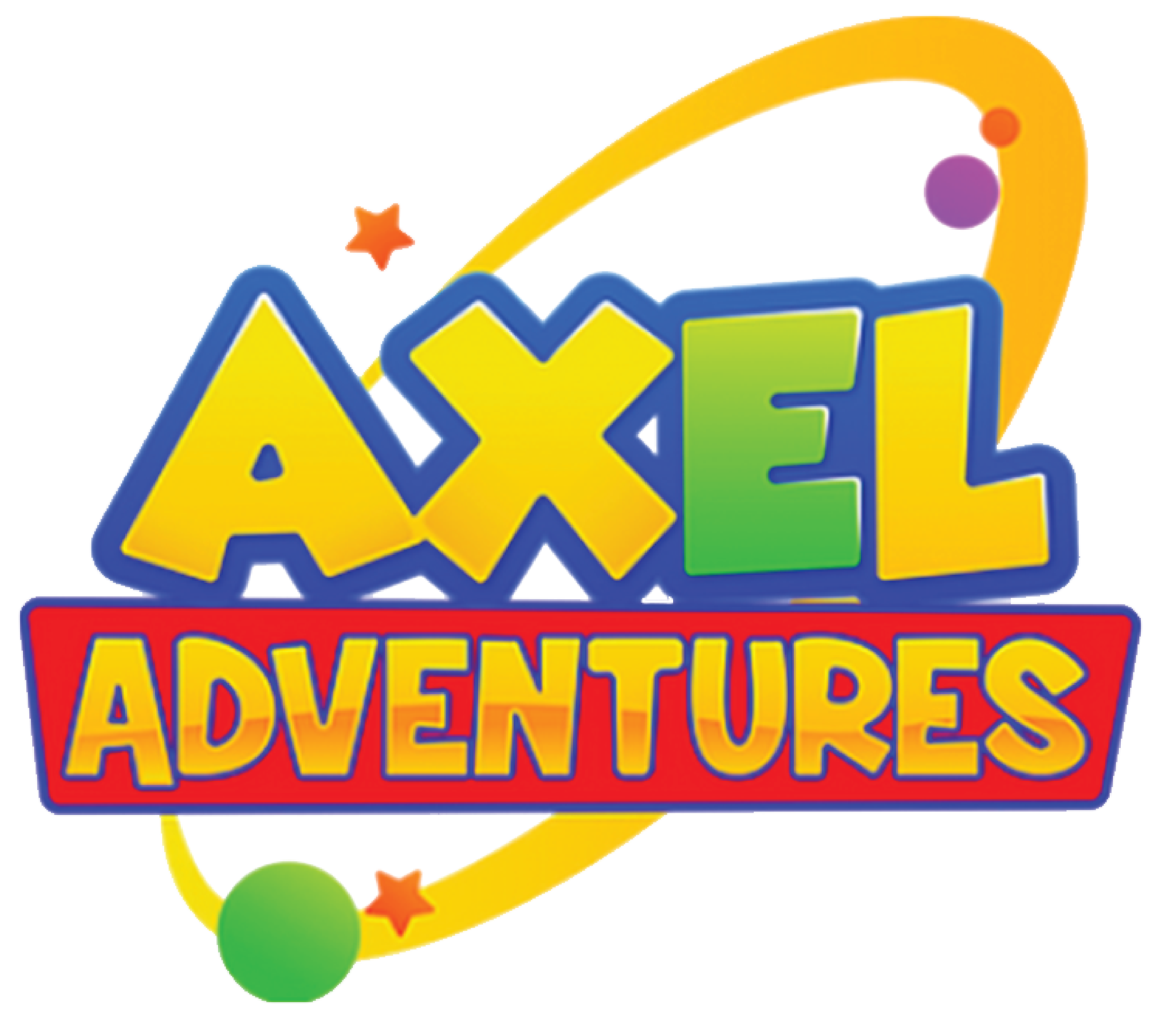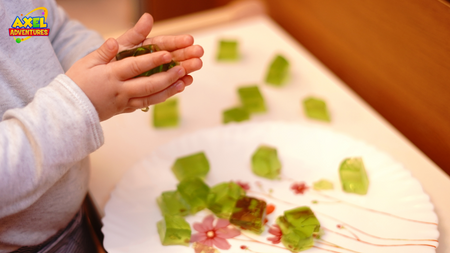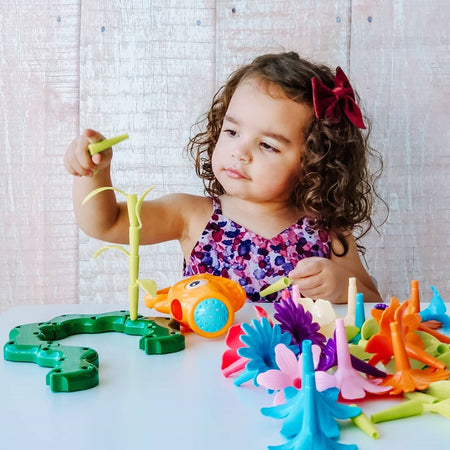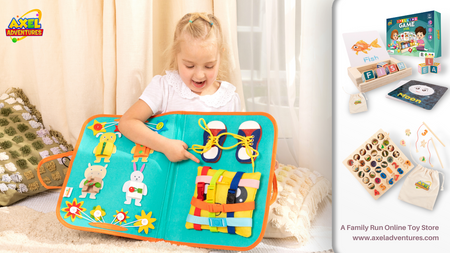
"How will they learn that [hitting, swearing, breaking things, etc] is wrong if I don't punish them, give them some sort of consequence, or respond in some strong way?" They must understand that this is not acceptable! Isn't it my responsibility to make it clear to them that their behavior is unacceptable? If I just let them do it without telling them it's wrong, they'll think it's okay!"
Take note. This is a myth.
I (or you!) could walk into any preschool classroom, anywhere, tomorrow morning and ask any 3-year-old, 4-year-old, or 5-year-old if hitting, breaking, or swearing is okay, and 99.9% of them would clearly and definitively say no.
This is one of the most common myths in life and in working with young children. So many of us fall into the trap of believing that if they know it's wrong, they won't do it. That is not how behavior works, nor is it how development works.
When children FEEL bad, they behave "badly." They have immature impulse control and emotional regulation, and regardless of what they know, when they are upset, feel insecure, or need to test boundaries, they use the only tools available to them at the time. Young children do not pause in the midst of intense emotion or conflict to plan, consider, and think to themselves, "Hmm. I'm upset, but I know that hitting is not acceptable; I should try something else." Even adults do not behave in this manner.
There are numerous reasons why punishments and "consequences" (which are typically euphemisms for punishment) do not work and are not good options. There are numerous reasons for this. This is only one of many.
The child is experiencing difficulties. The punishment or consequence does not assist them in resolving the problem, either now (because it has already occurred) or in the future (because young children do not anticipate). It does not teach or assist them in doing things differently the next time. We only feel better because we "did something." Sorry, but that seems like a terrible reason to do anything.
What we know and what we do frequently have little to no relationship with young children (and sometimes older children, and what the hell, sometimes adults!). We all know what the "right thing to do" is, but only a small percentage of us always do it. They are traveling in opposite directions. Emotion (especially when coupled with poor impulse control) and logic/understanding do not mix, especially when we are upset.
No. You don't have to tell them that it's not acceptable. No, they do not "need to learn that it is not acceptable." They are already aware.

They're having difficulties. Show compassion to them. With empathy and curiosity, ask them questions. Be there. Keep room for them. Discover what is truly going on for them by observing, connecting, and listening much more intently than you speak.
This is our task. To get to the bottom of the behavior. To shift our focus from thinking about how to control behavior and "teach them" to remembering that they are doing their best with the skills and development that they have.
Allow the myth to die along with you.







